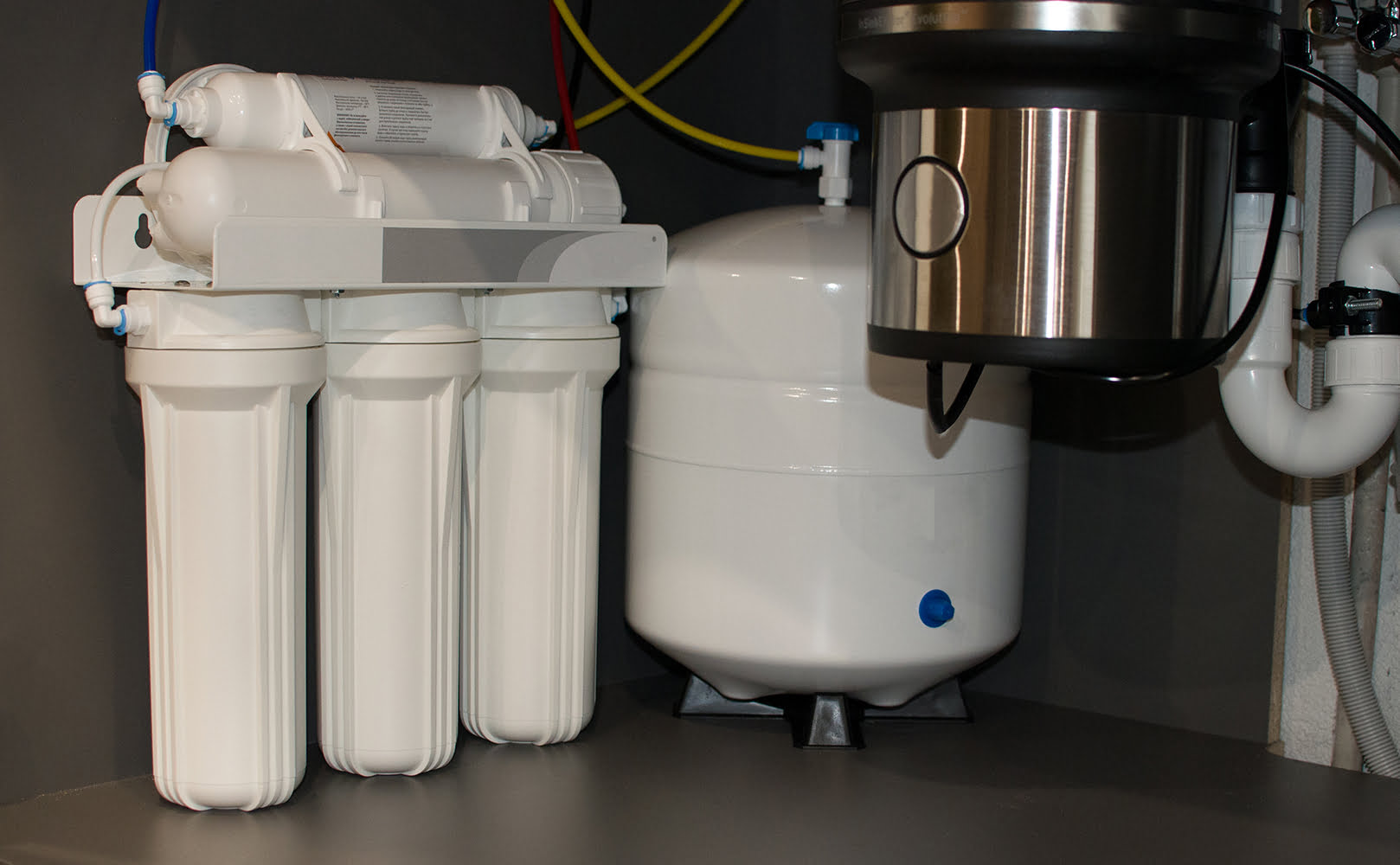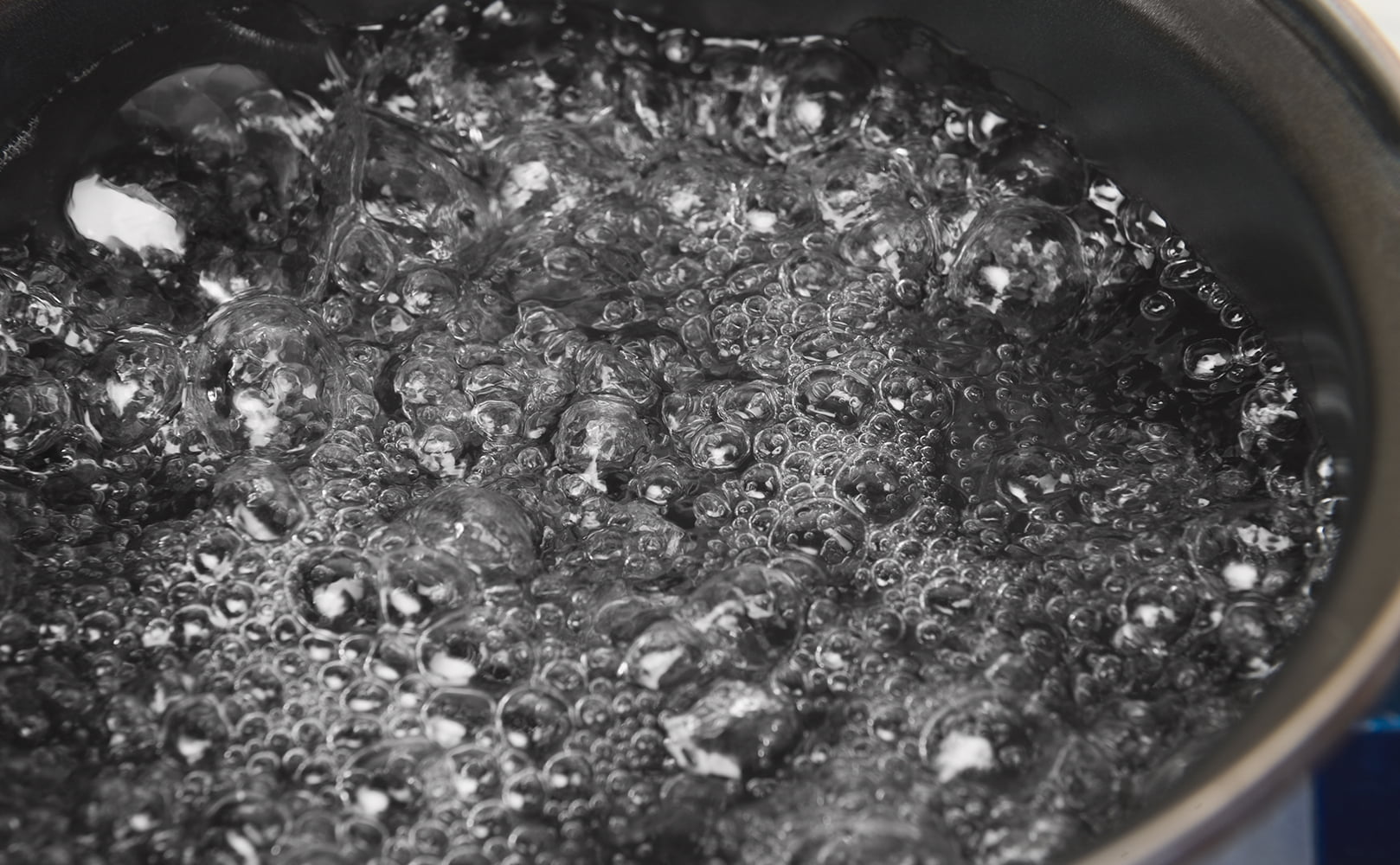RO Water vs Tap Water for Plants – What’s Better?
Written by: Alexandra Uta // Last Updated: Dec 30, 2022
This page may contain affiliate links. If you buy a product or service through such a link we earn a commission at no extra cost to you. Learn more.
Are your plants looking a little lackluster? Maybe a bit yellow around the edges and not thriving as they should?
Maybe it’s that tap water you’re using. Plants can be quite sensitive to the contaminants found in tap water, and that is where a reverse osmosis system can help.
But is it worth the expense? Find all the answers in this guide about RO water vs tap water for plants!
Key Takeaways
- RO water is considerably better than tap water for your plants.
- Depending on tap water quality, it may be okay for most plants, but some will be sensitive to its components.
- RO water creates pure, clean water that will not damage your plants and, with remineralization, will outperform tap water by a considerable margin.
RO Water vs Tap Water for Plants
When it comes to RO water vs tap water for your plants, RO water is the clear winner, providing you add the minerals the plant needs back in after filtration. Tap water may contain multiple contaminants that can be harmful to plants and your health.
What Is Reverse Osmosis Water?
Reverse osmosis is a process that removes dissolved solids and other impurities and contaminants from water.
Pressure forces the feed water through a membrane, which keeps the contaminants on one side, allowing only clean water to pass through.
When used as part of an RO system, reverse osmosis can remove a wide range of pollutants, such as bacteria, viruses, lead, chlorine, arsenic, asbestos – you name it.
Pros & Cons of Using Tap Water for Plants
Highly Affordable
Tap water is one of the most affordable options for hydrating your plants. It requires no setup costs or filter maintenance and does not produce wastewater.
Unlimited Supply
If your municipality does not run out of its water, your home will have an unlimited supply and will not rely on you storing water in your home.
Readily Available
Tap water is readily available. It doesn’t need to be prepared in advance, and it doesn’t need to sit in storage tanks; just turn the tap on, and done.
Chlorine Content
One number one concern about tap water is that most municipal supplies have been treated with chlorine. While this is great for killing waterborne pathogens that cause disease, it isn’t great for some plants. Certain plants are quite sensitive to even small doses of chlorine, which can cause damage to their leaves and roots.
Hardness
Tap water may contain high amounts of calcium and magnesium, which can make the water too hard. This can build up in the soil of plants and cause issues.
Water Softeners
If a water softener is used on the supply, this is also not good for plants, as the softened water could contain too much sodium that hinders the plant’s growth.
Other Contaminants
Tap water may contain other contaminants as well, such as lead and arsenic.
Your plants can even take these up, and if you are growing fruit or vegetables, they may be ingested.
Pros & Cons of Using RO Water for Plants
No Chlorine
An RO filtration system uses a carbon pre-filter to eliminate almost all of the chlorine in the water. This makes the water suitable for chlorine-sensitive plants.
No Other Contaminants
RO water purification also filters out almost all other potential contaminants that could be dangerous for your plants or that could throw the mineral content of the plant soil out of balance.
Soft Water
RO water filters our calcium and magnesium, leaving the water naturally soft.
Water pH
RO water is usually produced at a pH of 6 to 6.5, which is in the ideal range for plants.
Cost & Effort
RO systems can have a significant initial setup cost and do require regular maintenance and filter replacements. They also will increase your water bill, as, for every 1 gallon of filtered water you use, up to 4 or 5 gallons are wasted.
Limited Supply
Your supply of RO water may be limited, particularly if your system uses a storage tank. Therefore it may be better for small areas of watering.
Need to Add Minerals Back in
The good minerals are eliminated from the water supply using RO, so for your plants to get the nutrients they need, they will have to be added back in using the right kind of fertilizers.
How Can You Make Tap Water Safe for Plants?
Dechlorination Using Activated Carbon
While activated carbon effectively removes chlorine and other chemicals which is great, it does not remove iron, magnesium, calcium, potassium, and sodium. This is an issue if your tap water has too much of them, as excess amounts can hinder the growth of your plants.
Activated carbon also only removes 30-70% of arsenic, which isn’t suitable for water with a high concentration of it.
Boiling?
Boiling water will work to remove chlorine and neutralize harmful bacteria and pathogens, but it may concentrate sodium levels and other contaminants and will not remove heavy metals either.
Regulate Water pH, Alkalinity & Hardness
Using a reverse osmosis system will lower your tap water’s pH and will have minimal hardness and alkalinity, which is perfect for plants.
Usually, to soften water, sodium is added in an ion exchange process which is not safe for plants, so using softened water on your plants is not recommended, and neither is using an acid such as vinegar to lower the pH of water, as the soil will buffer it anyway, and it could cause damage to plant leaves.
Plants That Are Sensitive to Tap Water
Fluoride is damaging to corn plants, spider plants, prayer plants, and peace lilies among other plants.
Chloride is particularly damaging to tradescantia, plus dracaenas (Dracaena), ti plants (Cordyline), spider plants (Chlorophytum comosum), prayer plants (Maranta), calatheas (Calathea), and carnivorous plants.
Other Types of Water
Rainwater
Clean rainwater is considered one of the best kinds of water for your plants. It doesn’t contain some of the contaminants found in tap water. However, you need to be careful with collection and storage and ensure the rainwater is clean and doesn’t get polluted. Also consider adding minerals.
Distilled Water
Distilled water is just as good as RO water for plants but also needs to be remineralized. It is a slower process than RO though, and won’t be suitable for large areas of watering.
Softened Water
Using softened water on your plants is not a good idea. Soft water is fine, but softened water is not. The difference is that softened water is made using sodium or potassium, which can be toxic for your plants in high quantities. This is not to be confused with soft water, which doesn’t have added salts to change its chemistry.
Bottled Water
Bottled water could be better than tap water, but it is expensive and hard to monitor its quality and mineral level.
If you have any questions about RO water vs tap water for plants please don’t hesitate to leave a comment below!
Information provided on BOS is for educational purposes only. The products and services we review may not be right for your individual circumstances.
We adhere to strict editorial guidelines. Rest assured, the opinions expressed have not been provided, reviewed, or otherwise endorsed by our partners – they are unbiased, independent, and the author’s alone. Our licensed experts fact-check all content for accuracy. It is accurate as of the date posted and to the best of our knowledge.



